
Exploring the Wonders of Indian Cave State Park
Indian Cave State Park in Nebraska is a natural treasure that offers visitors a unique blend of outdoor activities and historical significance. Nestled along the Missouri River, this 3,052-acre park is named after a large sandstone cave adorned with Native American petroglyphs. The cave's carvings tell a story of the region's ancient inhabitants and provide a fascinating glimpse into the past. Outdoor enthusiasts will find a variety of recreational activities to enjoy within the park. There are more than 22 miles of hiking and biking trails, which wind through lush forests, open meadows, and along the scenic river. The park also features a picturesque campground with both primitive and modern camping facilities, making it an ideal spot for a weekend getaway or an extended stay. For those who enjoy water activities, the park's access to the Missouri River provides opportunities for boating, fishing, and kayaking. In addition to its natural beauty, Indian Cave State Park is home to several historic structures, including a reconstructed schoolhouse and a general store. These buildings offer a glimpse into the pioneer life of the 1800s and add an educational element to your visit. The park also hosts various events throughout the year, such as historical reenactments, guided hikes, and nature programs, ensuring there's always something new to experience.
Local tips in Indian Cave State Park
- Visit during the fall for stunning foliage and fewer crowds.
- Bring bug spray during the summer months to protect against mosquitoes.
- Check the park's event calendar before your visit to catch special programs and activities.
- Wear sturdy shoes for hiking as some trails can be steep and rocky.
- Don't forget your camera to capture the scenic views and historic landmarks.
Exploring the Wonders of Indian Cave State Park
Indian Cave State Park in Nebraska is a natural treasure that offers visitors a unique blend of outdoor activities and historical significance. Nestled along the Missouri River, this 3,052-acre park is named after a large sandstone cave adorned with Native American petroglyphs. The cave's carvings tell a story of the region's ancient inhabitants and provide a fascinating glimpse into the past. Outdoor enthusiasts will find a variety of recreational activities to enjoy within the park. There are more than 22 miles of hiking and biking trails, which wind through lush forests, open meadows, and along the scenic river. The park also features a picturesque campground with both primitive and modern camping facilities, making it an ideal spot for a weekend getaway or an extended stay. For those who enjoy water activities, the park's access to the Missouri River provides opportunities for boating, fishing, and kayaking. In addition to its natural beauty, Indian Cave State Park is home to several historic structures, including a reconstructed schoolhouse and a general store. These buildings offer a glimpse into the pioneer life of the 1800s and add an educational element to your visit. The park also hosts various events throughout the year, such as historical reenactments, guided hikes, and nature programs, ensuring there's always something new to experience.
When is the best time to go to Indian Cave State Park?
Unmissable attractions to see
Eugene T. Mahoney State Park
Discover the beauty of Eugene T. Mahoney State Park, an outdoor paradise in Nebraska offering trails, lakes, and family-friendly activities.
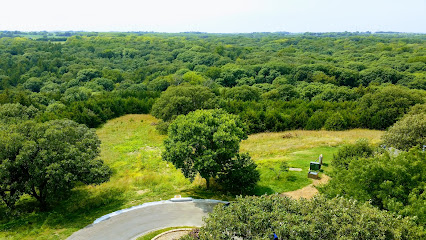
Fort Atkinson State Historical Park
Discover the history and beauty of Fort Atkinson State Historical Park, where Nebraska's frontier past comes alive amidst scenic landscapes.
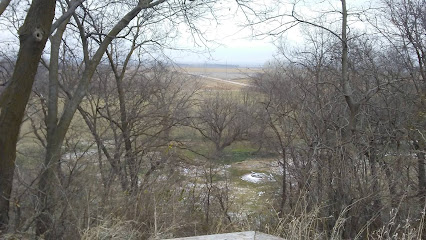
Stanton Lake Park
Explore the natural beauty and serene landscapes of Stanton Lake Park in Falls City, Nebraska, a perfect escape for nature lovers and families alike.
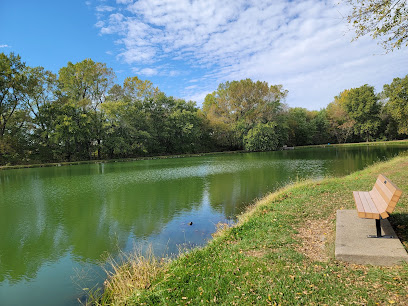
Indian Cave
Explore the natural beauty and rich history of Indian Cave in Falls City, Nebraska, a perfect destination for hiking and outdoor adventures.
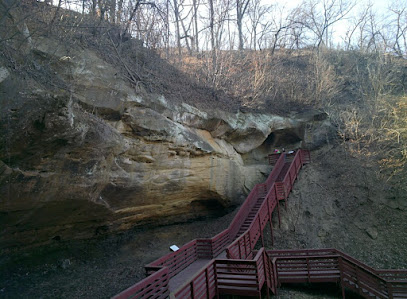
Whiskey Run Creek Vineyard & Winery
Explore the scenic beauty and fine wines at Whiskey Run Creek Vineyard & Winery in Brownville, Nebraska—a true taste of local craftsmanship.
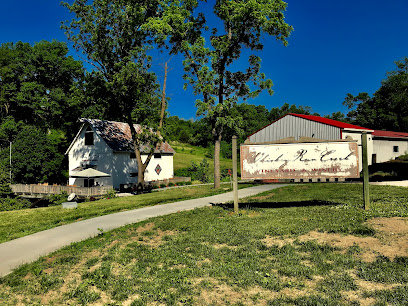
Brownville Historical Society
Explore the rich history and cultural heritage of Brownville, Nebraska at the Brownville Historical Society, a captivating museum for all ages.
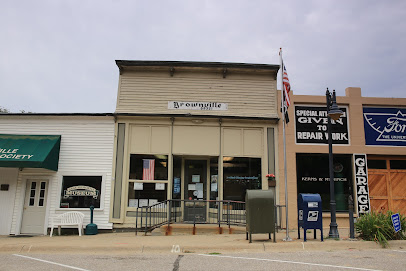
Captain Meriwether Lewis Dredge
Discover the Captain Meriwether Lewis Dredge, a unique maritime museum in Brownville, Nebraska, showcasing the history of dredging and river navigation.
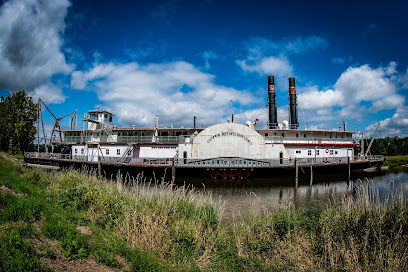
Flatwater Folk Art Museum
Explore the Flatwater Folk Art Museum in Brownville, Nebraska, where local culture and creativity unite in a vibrant display of folk art.
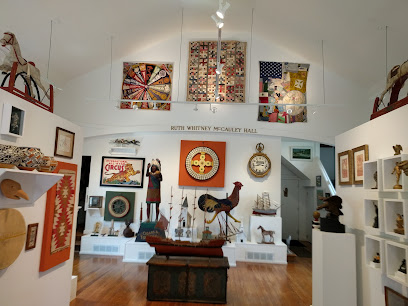
Brownville Historical Society Museum at Bailey House
Discover the captivating history of Brownville, Nebraska at the Brownville Historical Society Museum, where local heritage comes to life through engaging exhibits.
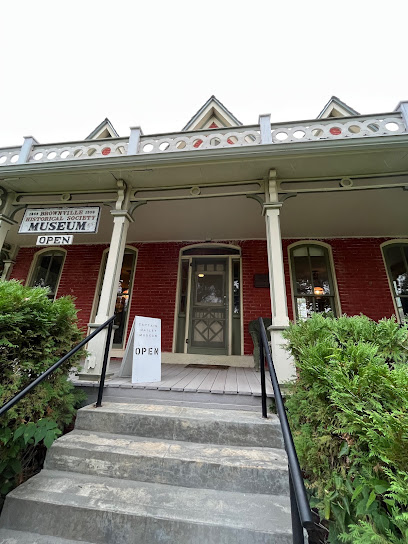
Indian Cave State Park Disc Golf Course
Experience the excitement of disc golf at Indian Cave State Park—where nature and sport combine for an unforgettable adventure in Nebraska.
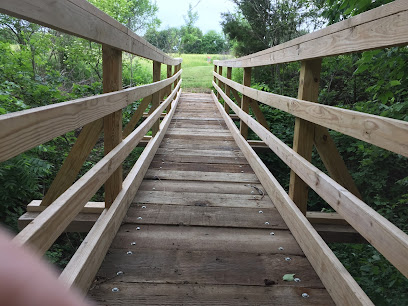
Dr. Spurgin's Dental Museum
Explore Dr. Spurgin's Dental Museum in Brownville, Nebraska, where dental history comes alive through unique artifacts and engaging exhibits.
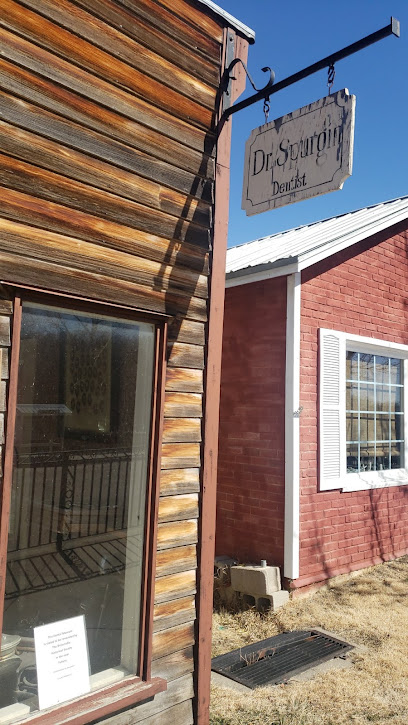
Markets, malls and hidden boutiques
Nebraska Crossing
Explore Nebraska Crossing: Your ultimate destination for outlet shopping, dining, and entertainment in Gretna, Nebraska.
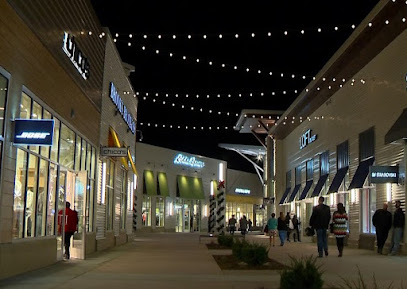
Village Pointe
Experience the charm of Village Pointe, an outdoor shopping paradise in Omaha, offering diverse shopping, delightful dining, and vibrant community events.
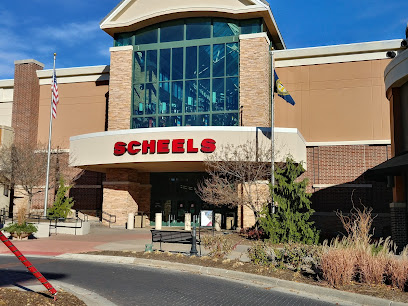
Shadow Lake Towne Center
Explore Shadow Lake Towne Center – Nebraska's premier shopping mall with diverse shops, dining options, and entertainment for all!

Hilltop Mall
Discover Hilltop Mall in Kearney, Nebraska, a shopping haven with diverse stores and delightful dining options for every visitor.
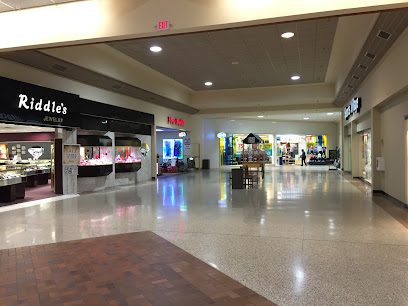
Indian Cave State Park
Explore Indian Cave State Park, a Nebraska treasure offering breathtaking landscapes, rich history, and outdoor adventures for every traveler.
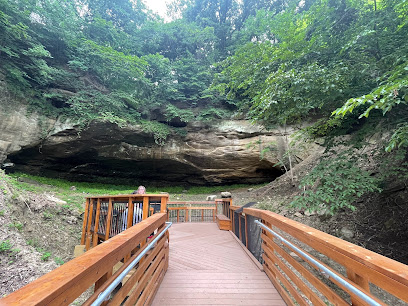
Euphoria
Explore Euphoria, Lincoln's premier metaphysical supply store, where spirituality meets unique treasures and community connection.
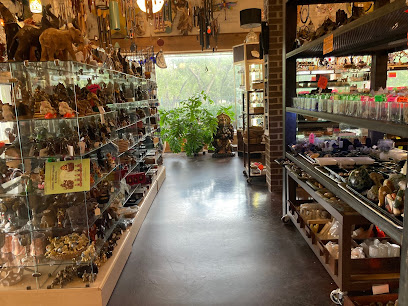
Womens Clothing in Omaha - Four Sisters Boutique
Discover unique women's fashion and accessories at Four Sisters Boutique, a stylish destination in Omaha, Nebraska for fashion enthusiasts.

Ashley's Vintage
Explore Ashley's Vintage in Omaha - a charming gift shop filled with unique collectibles and vintage treasures for every traveler.
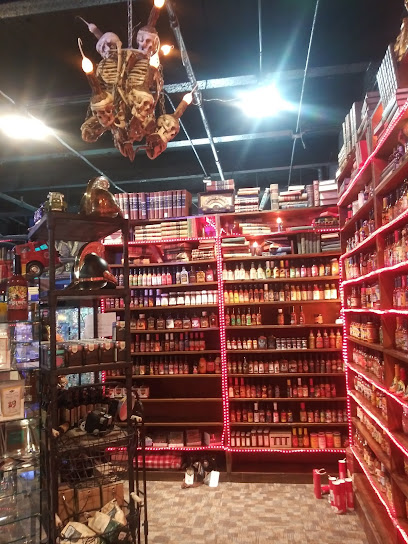
Indian Cave
Experience the breathtaking beauty of Indian Cave in Nebraska, a hiker's paradise with stunning views and rich history.
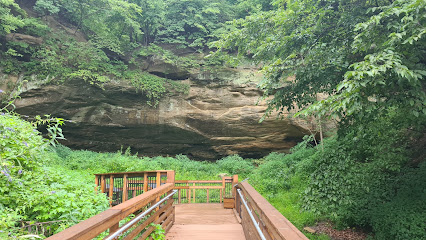
Ten Thousand Villages
Explore ethical shopping at Ten Thousand Villages in Lincoln, NE - a gift shop supporting fair trade and global artisans with unique, handcrafted items.
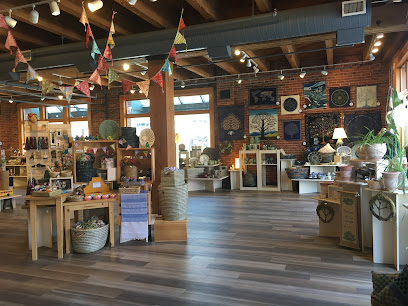
Hogie's Gun & Sport
Discover top-notch sporting goods and expert advice at Hogie's Gun & Sport, your go-to destination for outdoor adventures in Auburn, Nebraska.
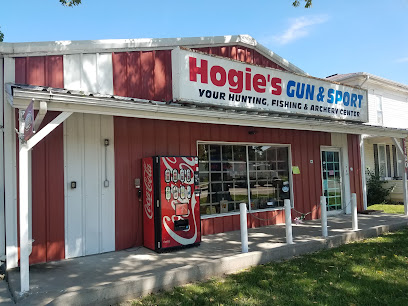
Lone Tree Saloon Home Decor & Gift Shop
Explore the Lone Tree Saloon, a charming gift shop offering unique home decor and local artisan treasures in the heart of Brownville, Nebraska.
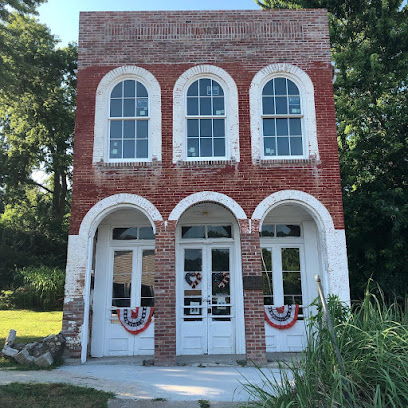
Village Designs
Explore Village Designs in Auburn, Nebraska, where unique clothing and personalized service create an unforgettable shopping experience.
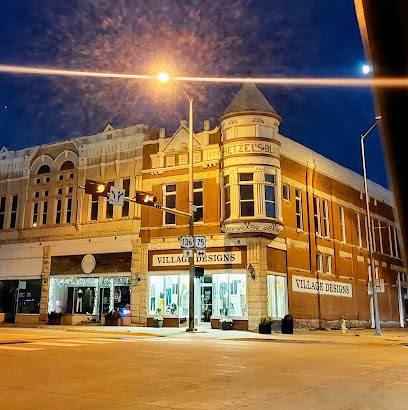
Prairie Sky Antiques & Vintage
Explore Prairie Sky Antiques & Vintage in Falls City, NE - A treasure trove of unique antiques and vintage collectibles waiting for you.
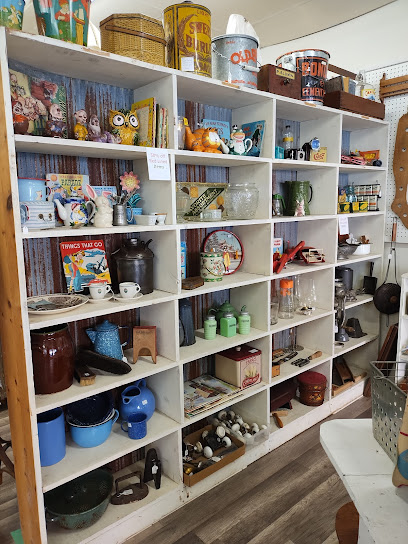
Old Windmill Antiques
Explore Old Windmill Antiques in Shubert, NE – a treasure trove of vintage finds, rustic furniture, and unique collectibles that tell a story.
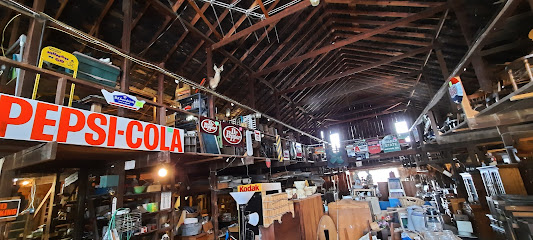
Essential bars & hidden hideouts
Laka Lono Rum Club
Experience a taste of the tropics at Laka Lono Rum Club, Omaha's premier cocktail bar offering exotic drinks and a vibrant atmosphere.
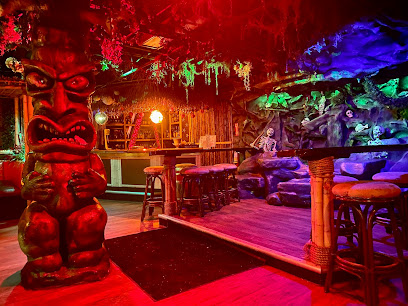
Wicked Rabbit
Discover the vibrant nightlife at Wicked Rabbit, Omaha's go-to bar for creative cocktails and an eclectic atmosphere.
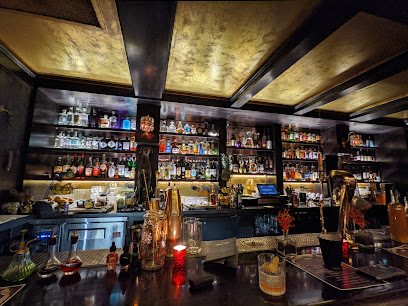
Six Mile Cafe
Experience the warmth of American hospitality and delicious comfort food at Six Mile Cafe in Dawson, Nebraska, a must-visit for every traveler.
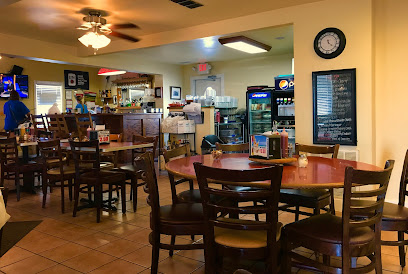
Mr. Toad
Discover the lively atmosphere and delicious offerings at Mr. Toad, a must-visit pub in downtown Omaha for a unique local experience.
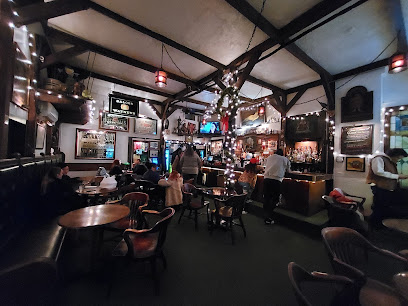
The Berry & Rye
Discover the art of mixology at The Berry & Rye, Omaha's premier cocktail bar with a vibrant atmosphere and innovative drinks.
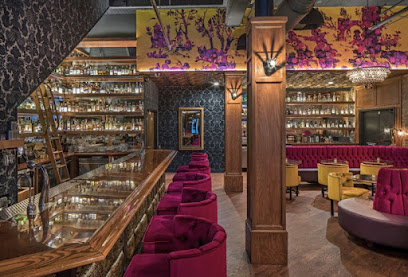
Dusty Trail Cafe & Steakhouse
Discover the heart of Missouri's culinary scene at Dusty Trail Cafe & Steakhouse, where every meal is a memorable experience.
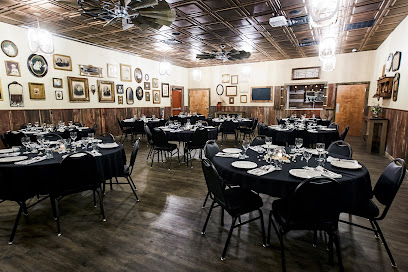
Twisted Vine
Discover Twisted Vine, Papillion's premier bar for craft beers, fine wines, and live music in a vibrant atmosphere that invites relaxation and enjoyment.
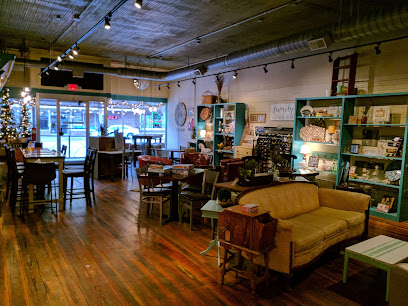
Philly Sports Bar & Grill
Enjoy the ultimate sports experience with delicious grill food and drinks at Philly Sports Bar & Grill in La Vista, Nebraska.
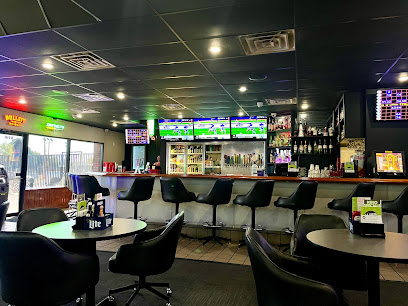
Brownie's Bar & Grill
Discover the lively ambiance of Brownie's Bar & Grill in Papillion, Nebraska - a perfect spot for food, drinks, and fun!
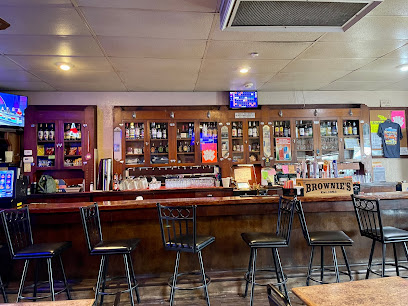
Wild Bill's Bar and Restaurant
Discover Wild Bill's Bar and Restaurant in Rulo, Nebraska, where the rich flavors of American cuisine meet a warm and inviting atmosphere.
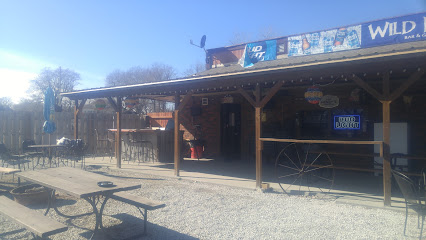
Outer Limits
Experience the best of American comfort food at Outer Limits, a welcoming grill in Valley, Nebraska, where flavor and friendliness meet.
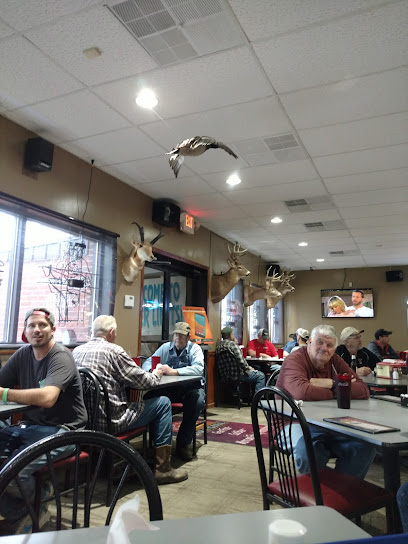
Don's Bar
Experience the vibrant nightlife at Don's Bar in Memphis, Nebraska, serving up great drinks and delicious food in a lively atmosphere.
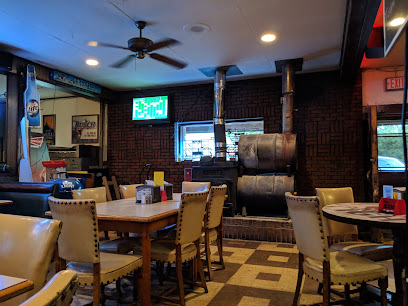
Ponderosa Bar
Experience the best of Nebraska dining at Ponderosa Bar, where delicious grilled dishes and a lively atmosphere await you.
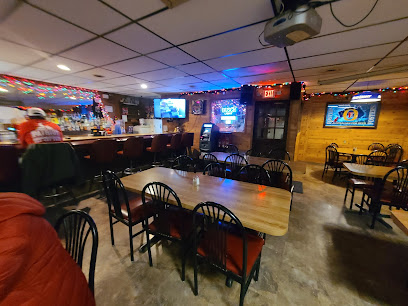
Spruce Street Tavern
Experience the warmth and flavor of Nebraska at Spruce Street Tavern, a beloved local bar offering great food and a fantastic drink selection.
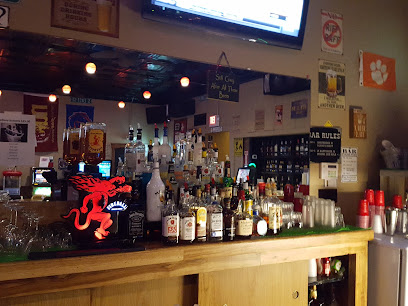
The Quonset Bar And Grill
Discover the comfort food and warm hospitality at The Quonset Bar and Grill in Elmwood, Nebraska, where every meal feels like home.
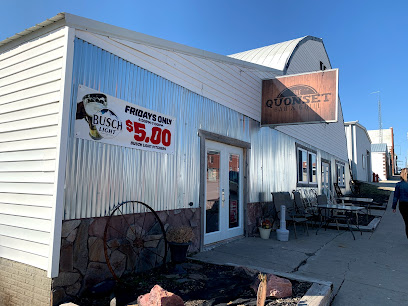
Local Phrases about Indian Cave State Park
-
- Helloनमस्ते
[Namaste] - Goodbyeअलविदा
[Alvida] - Yesहाँ
[Haan] - Noनहीं
[Nahi] - Please/You're welcomeकृपया
[Kripya] - Thank youधन्यवाद
[Dhanyavaad] - Excuse me/Sorryक्षमा कीजिए
[Kshama keejiye] - How are you?आप कैसे हैं?
[Aap kaise hain?] - Fine. And you?ठीक हूँ। और आप?
[Theek hoon. Aur aap?] - Do you speak English?क्या आप अंग्रेज़ी बोलते हैं?
[Kya aap angrezi bolte hain?] - I don't understandमुझे समझ नहीं आया
[Mujhe samajh nahi aaya]
- Helloनमस्ते
-
- I'd like to see the menu, pleaseकृपया मेनू देखना है
[Kripya menu dekhna hai] - I don't eat meatमैं मांस नहीं खाता
[Main maans nahi khaata] - Cheers!चियर्स!
[Cheers!] - I would like to pay, pleaseकृपया मैं भुगतान करना चाहूँ
[Kripya main bhugtan karna chahoon]
- I'd like to see the menu, pleaseकृपया मेनू देखना है
-
- Help!बचाओ!
[Bachao!] - Go away!चले जाओ!
[Chale jao!] - Call the Police!पुलिस को बुलाओ!
[Police ko bulaao!] - Call a doctor!डॉक्टर को बुलाओ!
[Doctor ko bulaao!] - I'm lostमैं खो गया हूँ
[Main kho gaya hoon] - I'm illमुझे बीमारी है
[Mujhe bimari hai]
- Help!बचाओ!
-
- I'd like to buy...मैं खरीदना चाहूँगा...
[Main khareedna chahunga...] - I'm just lookingमैं सिर्फ देख रहा हूँ
[Main sirf dekh raha hoon] - How much is it?यह कितने का है?
[Yeh kitne ka hai?] - That's too expensiveयह बहुत महंगा है
[Yeh bahut mehnga hai] - Can you lower the price?क्या आप कीमत कम कर सकते हैं?
[Kya aap keemat kam kar sakte hain?]
- I'd like to buy...मैं खरीदना चाहूँगा...
-
- What time is it?समय क्या है?
[Samay kya hai?] - It's one o'clockएक बजे हैं
[Ek baje hain] - Half past (10)दस बजकर पंद्रह मिनट हैं
[Das bajkar pandrah minut hain] - Morningसुबह
[Subah] - Afternoonदोपहर
[Dopahar] - Eveningशाम
[Shaam] - Yesterdayकल
[Kal] - Todayआज
[Aaj] - Tomorrowकल
[Kal] - 1एक
[Ek] - 2दो
[Do] - 3तीन
[Teen] - 4चार
[Char] - 5पांच
[Paanch] - 6छह
[Chheh] - 7सात
[Saath] - 8आठ
[Aath] - 9नौ
[Nau] - 10दस
[Das]
- What time is it?समय क्या है?
-
- Where's a/the...?कहाँ है...
[Kahaan hai...] - What's the address?पता क्या है?
[Pata kya hai?] - Can you show me (on the map)?क्या आप मुझे दिखा सकते हैं (नक्शे पर)?
[Kya aap mujhe dikha sakte hain (nakshe par)?] - When's the next (bus)?अगली (बस) कब है?
[Agli (bus) kab hai?] - A ticket (to ....)एक टिकट (के लिए ....)
[Ek ticket (ke liye ....)]
- Where's a/the...?कहाँ है...
History of Indian Cave State Park
-
Indian Cave State Park is home to a series of ancient petroglyphs carved into the sandstone bluffs. These carvings, believed to be created by Native American tribes that inhabited the region, provide a fascinating glimpse into the artistic expressions and daily lives of the early inhabitants. The petroglyphs depict various scenes, including hunting activities, spiritual symbols, and communal events. These historic carvings are an essential link to understanding the cultural heritage of the native tribes who lived in the area long before European settlers arrived.
-
In 1804, the Lewis and Clark Expedition passed through the region that is now Indian Cave State Park. The explorers documented their journey along the Missouri River, noting the rich biodiversity and the striking landscapes. Their journals provide a valuable historical record, capturing the untamed beauty of the area and its significance as a navigational landmark. The park preserves this legacy, offering visitors a chance to walk in the footsteps of these intrepid explorers.
-
During the 19th century, the Missouri River was a vital transportation route, and Indian Cave State Park was a bustling area for steamboat activity. The riverbanks served as docking sites for steamboats transporting goods and passengers across the Midwest. The remnants of this era, including old steamboat landings and artifacts, can still be found within the park, offering a tangible connection to the days when the river was a major artery of commerce and communication.
-
The land that comprises Indian Cave State Park was once inhabited by various Native American tribes, including the Oto, Missouria, and Ioway. These tribes relied on the river and the surrounding forests for sustenance, utilizing the rich resources for hunting, fishing, and agriculture. The park's name itself honors the indigenous peoples who once called this area home. Today, interpretive programs and exhibits within the park aim to educate visitors about the rich cultural traditions and histories of these tribes.
-
In the mid-19th century, European-American settlers began to establish homesteads in the region. They were drawn by the fertile land and the promise of a new life on the frontier. The remains of pioneer cabins and farmsteads can still be found within the park, providing a window into the challenges and triumphs of early settlers. Historical reenactments and preserved structures help bring the pioneer experience to life for modern visitors.
Indian Cave State Park Essentials
-
Indian Cave State Park is located in southeastern Nebraska, near the Missouri River. The nearest major city is Omaha, located about 90 miles to the north. From Omaha, you can drive south on Interstate 29 and take the exit for Nebraska Highway 2 West, then follow the signs to Brownville. From Brownville, follow local signs to the park entrance. The park is also accessible from Lincoln, Nebraska, which is about 75 miles to the west. Public transportation options are limited, so renting a car is highly recommended.
-
The primary mode of transportation within Indian Cave State Park is by car. The park has well-maintained roads and ample parking areas near major attractions. For exploring trails and more remote areas, hiking and biking are popular options. There are no public transportation services within the park, so be sure to have your own vehicle or arrange for a rental.
-
The official currency in the United States is the US Dollar (USD). Most transactions within Indian Cave State Park, including entrance fees and camping permits, can be paid using credit or debit cards. However, it's a good idea to carry some cash for smaller expenses, such as purchasing firewood or snacks from local vendors. ATMs can be found in nearby towns like Brownville.
-
Indian Cave State Park is generally a safe area for tourists. However, it's important to take standard precautions. Keep your belongings secure, especially when hiking or camping. Be aware of your surroundings and avoid isolated areas at night. There are no high-crime neighborhoods targeting tourists within the park, but staying vigilant is always advisable.
-
In case of an emergency, dial 911 for immediate assistance. The park is patrolled by park rangers who can provide help and information. There is a first aid station at the park office, and local hospitals are located in nearby towns such as Auburn, about 20 miles away. It's also recommended to carry a basic first aid kit when hiking or camping.
-
Fashion: Do wear comfortable and weather-appropriate clothing, especially if you plan to hike. Avoid wearing flashy jewelry. Religion: Do be respectful of any religious or cultural sites within the park. Public Transport: There is no public transport within the park; be prepared to hike or drive. Greetings: Do greet fellow hikers and visitors with a friendly nod or wave. Eating & Drinking: Do pack out all trash and leave no trace. Don't feed the wildlife as it disrupts their natural habits.
-
To experience Indian Cave State Park like a local, consider visiting during the off-peak seasons of spring and fall to enjoy cooler weather and fewer crowds. Participate in ranger-led programs to learn about the park’s history and wildlife. Take a leisurely boat ride on the Missouri River for unique views of the park. Don't miss the petroglyphs and historic cave, which are some of the park’s most fascinating features.
Nearby Cities to Indian Cave State Park
-
Things To Do in Council Bluffs
-
Things To Do in Omaha
-
Things To Do in Topeka
-
Things To Do in Manhattan
-
Things To Do in Kansas City
-
Things To Do in Independence
-
Things To Do in West Des Moines
-
Things To Do in Emporia
-
Things To Do in Urbandale
-
Things To Do in Des Moines
-
Things To Do in Ankeny
-
Things To Do in Salina
-
Things To Do in Grand Island
-
Things To Do in Kirksville
-
Things To Do in Ames








